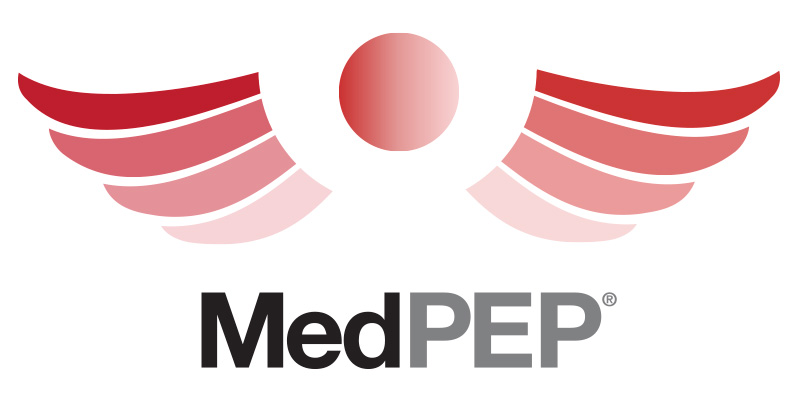Dr. Steve Adelman, founder of MedPEP and director of the physician health program in Massachusetts, has a frank discussion with Marie and Les about physicians’ use of addictive substances like alcohol and marijuana. In this era of stress, burnout, and medical “battle fatigue,” doctors may be especially susceptible to numbing themselves with substances that have the potential to impede their performance. Steve’s perspective is that physicians are safety-sensitive professionals who are responsible for the health of the public. Consequently, they have an ethical obligation to stay above reproach by avoiding problematic use of psychoactive substances. Physicians with a history of problematic substance use should abstain; others should consider practices like “clean margin drinking,” a minimalistic approach that is fleshed out with specifics. Marie acknowledges that sometimes physicians cross the line in the name of celebration or stress relief. Steve points out that physicians are at risk because they have easy access to controlled substances and may also resist seeking professional help despite needing it. Marie and Steve discuss a specific case involving a patient whose therapist appeared impaired during a psychotherapy session. A guiding principle is that the safety of the public should never be compromised. Les asks Steve to comment on the use of marijuana by physicians. Steve focuses on the downside, advising licensed health professionals to avoid marijuana altogether. He links this MedPEP episode to earlier podcasts by suggesting that health professionals should avoid misusing substances; instead, we should focus on improving our self-care with diet, exercise, meditation, and better work/life balance, all of which may counter personal and professional burnout, and preserve our careers.
Read moreEpisode 15: Leading with Emotional Intelligence — Jeff Auerbach, PhD
Dr. Jeffrey Auerbach is a psychologist, coach, and author who has coached health care executives, physicians, and physician leaders for more than 20 years. This episode focuses on the complexities of emotional intelligence (EI). Jeff explains to Marie and Les that there are four broad domains of EI: (1) knowing yourself, (2) managing yourself, (3) understanding other people, and (4) being able to effectively and sensitively manage relationships with others. Specific competencies within each of these four domains are enumerated. Dr. Auerbach makes the case that by developing EI skills and competencies, physicians become better equipped to perform at their peak in today’s demanding and stressful medical environment. By knowing, managing, and regulating themselves, some physicians will be able to avoid becoming overwhelmed and emotionally overloaded by potentially destabilizing interactions that come up in the course of everyday medical practice. The discussion drills down on the topic of burned-out physicians who experience anxiety and dread about going to work. Although it may be helpful to be aware of these feelings, dwelling on them excessively on a Monday morning may be counterproductive. The role of emotionally intelligent leadership and its positive impact on teams and organizations is also touched upon. Research findings indicate that physicians who are led by emotionally intelligent leaders are less likely to experience burnout. Drs. Auerbach, Curious, and Schwab also discuss the role of EI in preventing conflict. Negativity in the health care environment may arise when emotionally unaware individuals blurt things out impulsively in a way that incites others. Consequently, EI may be viewed as a core competency for all members of teams, groups, and organizations.
Read moreEpisode 13: Changing the System That Destroys Careers — Diane Shannon, MD
The stresses and strains of medical practice burned out Dr. Diane Shannon to the point where she left clinical practice and reinvented herself as a medical writer. She shares her moving, cautionary tale with Marie Curious, explaining to her that medical practice was not what she had expected it to be. She found it to be so chaotic and stressful that it was taking a serious toll on her physical and emotional health. It also detracted from her capacity to sustain healthy relationships. Since leaving the practice of medicine, Diane’s research and writing have led her to the conclusion that her personal crisis had multiple causes: her inability to adequately handle pressure, stress and frustration at work; the lack of organizational support for her and other physicians; and, the bevy of system-wide regulations and requirements that have culminated in the dehumanization of the role of the physician. Diane believes that some leading edge organizations are instituting meaningful changes in processes, culture and leadership that are just beginning to move the needle on physician burnout. Diane gives Marie advice about having effective discussions with leaders and managers about the linkages between physician well-being, patient satisfaction, and organizational success. She also shares some personal survival strategies with Marie, including informal peer-to-peer support groups.
Read more



